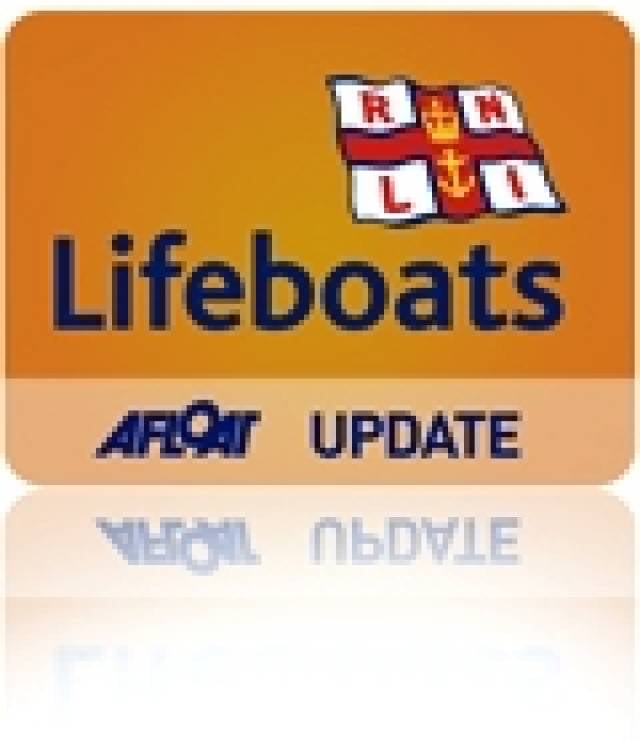#HowthRNLI - Howth locals Jennifer Murphy and Brendan Mulligan will be taking part in the London to Paris Bike Ride in aid of Howth RNLI.
The 377km charity challenge will take place between 23 and 26 August. Riders will depart from London and cycle past Hampton Court and through the North and South Downs to Portsmouth.
After crossing the English Channel on a ferry they will arrive in France at Caen and travel through the French countryside to Evreux. On the final day, all the cyclists will head to their final destination of the Arc de Triomphe in Paris.
Murphy said: "We decided to do the challenge for Howth RNLI because it is a local charity. We know some of the volunteer crew, including my boss!"
The duo are collecting sponsorships at their MyCharity.ie page HERE.
And according to Howth RNLI's Rise Michael, the funds they raise will ensure the north Dublin volunteer lifeboat crews can go to sea with the best equipment available, preserving their safety when saving lives at sea.
Meanwhile, Howth RNLI is hosting a 'boat jumble' sale at Howth Sea Angling Club from 10.30am to 1pm on Saturday 13 April.
All are welcome to bring along boat gear, fishing gear, dinghies, wetsuits, sails, books and any other nautical-related items.
Tables cost €20 each, with 25% of sales donated to the RNLI. Alternatively, items can be donated to ‘The Bosun’s Locker’ with all sale proceeds going to the RNLI.
The RNLI Sea Safety Team will be on hand to check lifejacket safety and give advice, and RNLI souvenirs will also be available. For more details contact Barbara Sargent on 01 832 5392 or Rose Michael on 087 255 2726.
Michael adds that the funds raised by the jumble sale will go towards Howth RNLI's current fundraising project to fund the running and maintenance costs of the lifeboat station for a week.































































